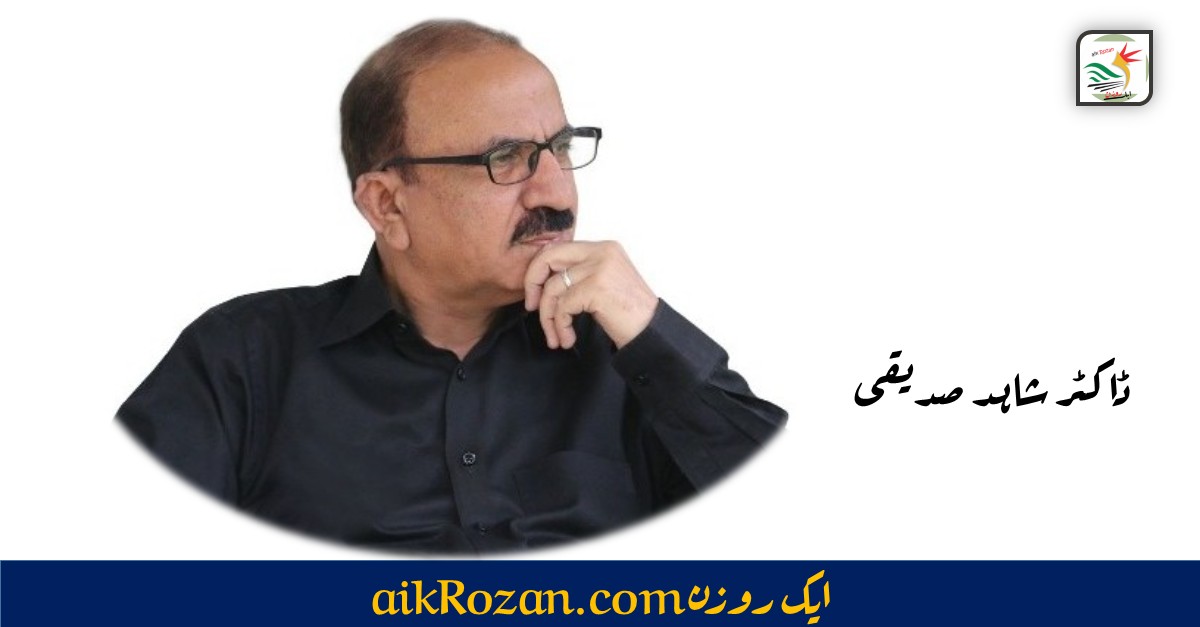
Why education reforms fail in Pakistan
by Dr. Shahid Siddiqui
Education is considered to be an important condition for development. The gaps between developed and developing countries are attributed to the gaps of knowledge (World Bank Report, 1998-99).
Given the significant role of education, the first National Education Conference was held in 1947 – the year Pakistan gained independence. The conference resolved that the target of universal primary education should be achieved in 20 years. This target, according to the assigned deadline, should have been achieved by 1967. But even 71 years after Independence, the dream of universal primary education remains unrealised.
According to a recent report, 22.6 million children are out of school in Pakistan. This is the second highest number in the world. This was a major concern underlined by Prime Minister Imran Khan in his maiden address to the nation.
The education crisis was never tackled with the required political will. A number of political governments announced education policies with lofty claims and promises. But the number of out-of-school children has been on the rise. The first education conference highlighted the challenge of literacy and offered some plans that never materialised.
After the 1947 conference, some major initiatives were proposed by the Sharif Commission’s report in 1959. This reports stands out as the most comprehensive report in the history of education in Pakistan, with some very important recommendations. Unfortunately, most of the targets set by this commission weren’t met.
Then, a series of education policy documents were introduced one after another, setting new targets and extending the previously-set dates. These policies included the 1970 Education Policy, the 1979 Education Policy, the 1998 Education Policy, the Framework of Action (2000), the Millennium Development Goals (2001), the Poverty Reduction Strategy Paper (2003), the Medium-Term Development Framework (2005-2010) and the 2010 Education Policy.
All of these documents had set some major targets in terms of literacy, gender equality, teacher education, and qualitative improvements in education. Most of these targets have yet to be achieved. Let’s focus on what goes wrong when it comes to implementing these plans. There are a number of factors that frustrate the proper implementation of policies. These factors have academic, political, social, and management dimensions.
Reforms in any sector need consultations with different stakeholders to lead the way to ownership, which is an important condition for successful implementation. However, most education reforms in Pakistan are directly imported from abroad. These reforms aren’t discussed with the stakeholders involved.
Most of these reforms are conceived outside Pakistan by donors. Some examples of these schemes include pilot schools, comprehensive school initiatives, education sector reforms (ESR), and Daanish schools. Such foreign initiatives are quick-fix gimmicks that are not likely to lead to a sustainable change. Most of the educational reforms announced in Pakistan lack strong political will from decision-makers at the state level.
The rulers make educational claims for self-projection to earn goodwill among voters. Some of these claims are ridiculously unrealistic. For instance, one education minister of the PPP government claimed that standards of all public-sectors schools would be brought to the level of good private schools over a period of one year. Even a layperson knows that this is an insurmountable task. Similarly, during Musharraf’s regime, former PM Shaukat Aziz claimed that the allocation for education would be raised to four percent.
Contrary to his claim, this allocation decreased over time and is now around 2.2 percent of GDP. Such towering claims never see the light of day because they are unrealistic and lack proper planning, a suitable roadmap of action, and required resources to begin with. A very recent example is the devolution of education to the provinces. Another important reason for making such claims and then forgetting about them is that there is no accountability system. Leaders know that they can make tall claims and get away with it.
The political factor plays an important role in obstructing the implementation of educational initiatives. In donor-funded projects, appointments for the top slots are made on the basis of political affiliations. A large chunk of funding is used on the publicity of rulers. Similarly, the discontinuation of policies from one government to another often leads to abortive endings for some useful initiatives.
Instead of focusing on the effective implementation of existing education policies, every new government decides to come up with a brand new policy. Consequently, we find a number of official documents, policies, and plans in Pakistan with useful recommendations. But when it comes to implementation, we find ourselves stuck.
A trend that emerged within the domain of education in the recent past is the patchwork of reforms funded by donor agencies. This patchwork strategy may prove to be useful for neatly written end-of-the-project reports that boast about the success of a particular initiative. But they are of little use for sustainable educational development.
It is important to realise that reforms in the education sector cannot succeed without being ‘owned’ by stakeholders, thoroughly planned, sufficiently resourced, consistently followed-up on by different governments, and effectively monitored. They must also have a credible accountability system.
Courtesy: The News






1 Trackback / Pingback
Comments are closed.